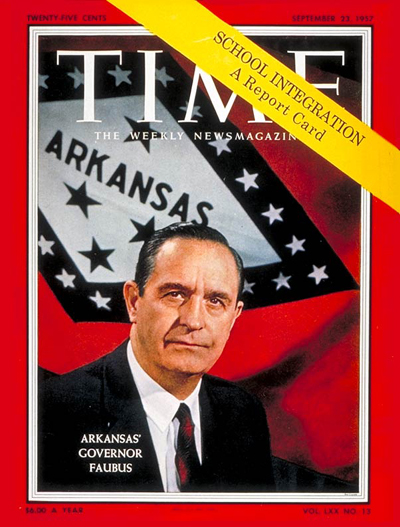The wolf was always there

Trump is just openly, unambiguously defying court orders now:
With these posts, they’ve made it essentially inarguable that they’re deliberately defying the Supreme Court.
[image or embed]— southpaw (@nycsouthpaw.bsky.social) April 18, 2025 at 8:44 AM
When you have spent more than 8 years calling liberals hysterics for pointing out Donald Trump’s screamingly obvious authoritarian ambitions, and enough students have been rounded up by masked goons and sent to prisons in another part of the country for writing op-eds and sheet metal workers sent to torture prisons with no due process based on double hearsay by crooked cops that even you have to concede the point, you could at least be gracious about it. Or you could do this:
"Ah, so the wolf turned out to be a wolf, well, well well…now you will be wanting some credit I suppose"— John Ganz (@lionel_trolling) April 17, 2025
I am reminded of Iraq War apologists who continued to insist that people who got it right were actually right for the wrong reasons or something. In fact, Trump always was the Earth, your imperative to own the libs above all else blinding you to this notwithstanding.
I’m not sure if Moyn was subtweeting this or something else, but Ganz’s “victory lap” is worth revisiting:
A number of my interlocutors in the fascism debate have reversed their positions since witnessing the full extent of the Trump regime’s willingness and ability to employ political repression against its enemies. Samuel Moyn, professor of law at Yale University, tweeted that the abduction of Mahmoud Khalil that “It is indeed a big and flagrant step towards fascism.” Corey Robin, distinguished professor of political science at CUNY, told WNYC’s Brooke Gladstone when asked about the fascism question, “I have since turned out to be wrong. They have set off multiple conflagrations. And I have been shaken out of my skepticism.” I have not been following the statements of the more junior scholars that fill out the ranks of that party, but I wonder if they will have the intellectual honesty of their mentors and change course.
I have mixed feelings about all this. I realize that it takes a certain degree of courage to admit one has changed one’s mind publicly—they are opening themselves up to ridicule, so part of me admires the willingness to no longer dodge or prevaricate. On the other hand, the facts are sort of undeniable now so it would be more ridiculous to persevere. Also, the fight was very bitter and personal. Not one of the main figures in it directly engaged with my arguments, or for that matter, with the arguments of others that shared these views. They relied on caricatured and strawmanned versions of it. They also resorted freely to ridicule, insults, and pathologization. We in the “It’s fascism” camp were made out to be hysterics, neurotic children, useful idiots for devious Cold War liberals and neocons; one called us “ambulance chasers,” another called me “half-educated” and mocked my “undergraduate” education. For my part, I gave as good as I got and called them a bunch of names, too: posers, little bureaucrats, and much worse. But, in fairness, I also dealt with their arguments and written words at some considerable length: I don’t think there is a single person on that side of the question about whose work I haven’t written.
Granted, it can sound more than a little petty to harp on this now. I have never claimed to be otherwise: one just hopes one’s pique and vanity ultimately is in service of some greater goal. We’re now in a massive social and political crisis. What does it matter who was right or who was wrong? What do these intellectual debates really about other than the egos of the participants? Also, this is not a debate I particularly relish being correct about: it’s an awful thing. Do I want a medal or something? Well, yes, a little, but I guess I think that there’s a bigger lesson here. There’s a lot of talk about a crisis of institutions these days. In a small way, it was replicated in this debate. Although it happened within academia: a lot of the loudest voices on the “pro-” side of the question were not in the academy; they were labeled “sub-intellectuals.” Sometimes it seemed to be about gatekeeping: who had the right to produce knowledge and the academics were absolutely determined to hold on to their monopoly, come what may. For my part, I didn’t dispute the overall claims of academia’s authority: I deeply respected the scholarship produced by it, relied heavily upon it, and felt many people were not reading it correctly or carefully. In some cases, I felt like they were deliberately misconstruing it. When distinguished scholars from within the academy echoed the concerns of those without, they were essentially ignored, as in the case of Geoff Eley, or minimized as having an emotional outburst, as in the case of Robert Paxton. Jason Stanley and Timothy Snyder were treated as rank popularizers. I’m guilty there, too: I wasn’t crazy about their mode of expression and believed its stridency hurt our side’s case, but that seems a small consideration now.
